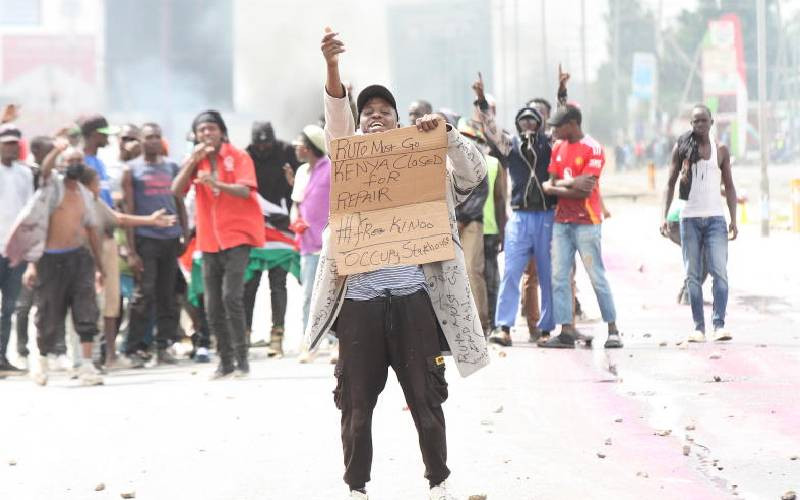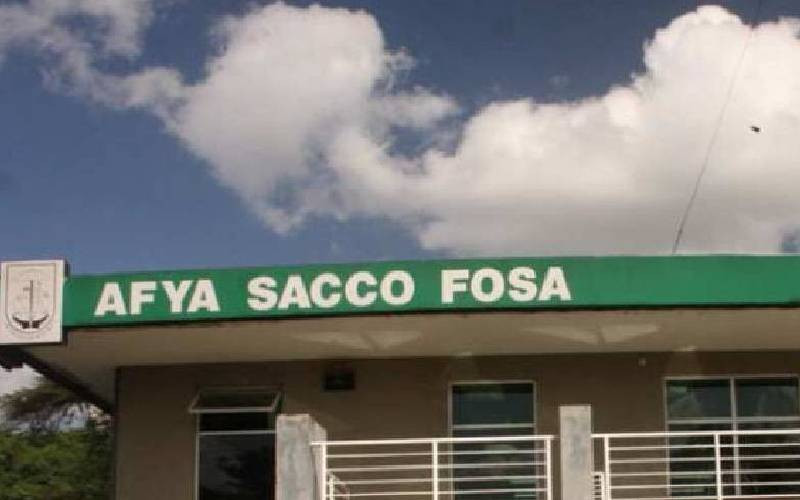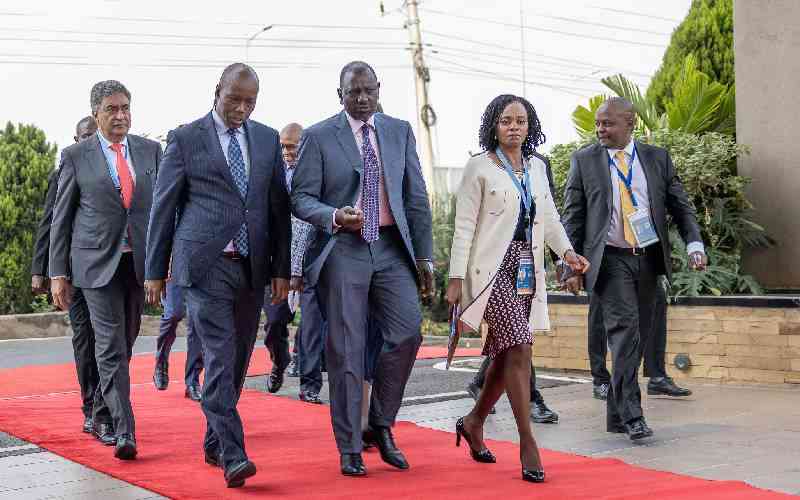
Last week’s announcement by the government that it will compensate victims of protests dating back to 2017 has stirred deep unease. This unease is not born out of a rejection of relief for grieving families. It is rooted in the reality that compensation without justice is an empty gesture. It is a plaster placed over a festering wound. In short, it is a performance that sidesteps the harder and necessary work of accountability.
Since the youth-led protests of June 2024 against punitive taxes and again in June and July 2025 anniversaries, dozens of young people were killed, many abducted, and hundreds injured. These were not faceless statistics. They were brothers, sisters, friends, and children who were exercising their constitutional right to be heard. Families have been left without their loved ones while others have been left with permanent body injuries. Yet no police officer or state agent has been convicted for these killings, maiming and disappearances. Investigations have been perfunctory, and accountability has been quietly filed away as a future discussion.
President William Ruto announced last Friday, through a Presidential Proclamation, the establishment of a coordinating framework for compensating victims of protests and riots, and named Makau Mutua, a human rights lawyer of international reputation, to coordinate the reparations process. One would expec that Mutua, a distinguished law professor, knows better and would strike the right balance between justice, transparency, and the messy politics of compensation.
However, the good professor has not quite lived up to the billing. His dismissal of those raising legitimate questions about the process over the weekend, and his decision to emphasise compensation while backing his arguments with references to previous efforts that similarly overlooked justice, was tone-deaf at best. Insisting more on compensation while saying nothing about justice and accountability misses the point entirely.
Worse still, drawing parallels with processes like South Africa’s Truth Justice and Reconciliation Commission, in an attempt to validate his stance, shows a staggering disregard for context. The TJRC was not just about payouts; it was about confronting the past, naming the guilty, and building a moral foundation for the future. To use it as a political shield for a flawed Kenyan process is to reveal how corrosive impunity can be, even to good minds like his.
When the state proposes to pay victims without first ensuring justice, it is sending a dangerous message. It signals that life can be taken without consequence, and that the state can tidy up its image with money. Such an approach does not heal the nation. It entrenches impunity. It is an invitation for more bloodshed in the future because those who pull the trigger know they will not face the law.
The announced 120-day compensation plan is being marketed as a landmark in national healing. In reality, it mirrors other past processes that promised reconciliation through payment and apology, yet conveniently avoided addressing the system that allowed such violations to happen in the first place. The underlying machinery of repression remains intact, its operators untouched, and its victims given cheques to replace the justice denied to them.
Alongside this compensation programme is a sudden flood of government energy towards what is being called “empowerment programmes.” Last Saturday, State House hosted what government-aligned bloggers triumphantly called “genuine occupy State House,” with claims of over 10,000 youth in attendance. Each received a token of “business” before returning to an economy that offers no real structural opportunities. Critics have dismissed the event as political theatre in which youth serve as props rather than partners in development.
It marked the climax of a nationwide “economic empowerment” tour that, in recent weeks, has seen government officials crisscross the country hosting large gatherings of women and young people under the banner of economic transformation. Amid the fanfare, there have been promises of seed capital, small grants, tools, and equipment, with motorbikes, sewing machines, and start-up kits handed out like symbols of a new dawn.
On paper, these gestures appear generous. However, they are taking place in a context where other government programmes have been quietly suspended. Entire ministries and agencies now speak almost exclusively about youth empowerment as if it is the single cure to the grievances that brought people to the streets. There is little discussion about job creation, reforming security agencies, or expanding opportunities in a way that can sustain livelihoods for millions.
The sudden pivot to youth empowerment is not difficult to interpret. It is an attempt to pacify an angry and disillusioned generation. A generation that has already proven it will take to the streets when its future is threatened is now being offered small tokens to calm its outrage. The timing, so close to the killings and abductions of protesters, makes the strategy even more suspect.
Mainly Ruto and Raila Odinga's supporters are celebrating these empowerment drives as game-changing and transformative. State-friendly voices are presenting them as evidence of a pragmatic and caring leadership. But for many on the ground, the reality is different. Once the applause fades and the dust settles, the motorcycles will still require fuel, the sewing machines will still need markets for their products, and the grants will be too small to lift anyone out of poverty. Without structural reforms, these initiatives are little more than a photo opportunity and a talking point to create a political perception dubbed “the ground has shifted.”
By linking compensation and empowerment so closely together, the government has created a narrative that it is delivering justice and opportunity at the same time. Yet in truth, it is delivering neither. Justice requires accountability. Opportunity requires long-term planning, investment, and systemic change. Instead, what is on offer is a quick payout for the victims and a starter pack for the restless youth, with no guarantee that either will lead to meaningful change.
The real risk is that this approach will deepen the mistrust between citizens and the state. For the families of those killed in protests, the cheques may help pay bills, but they cannot erase the unanswered questions about who was responsible and why no one is behind bars. For the youth receiving empowerment packages, there is the uncomfortable knowledge that this sudden generosity might vanish as quickly as it appeared once the political temperature cools.
A country cannot build peace on the foundation of unresolved injustice. Money does not erase memory. A motorcycle does not replace a brother. A sewing machine cannot stitch back the life that was taken. When the state fails to hold its own agents to account for killing its citizens, it creates a moral vacuum where life is cheap and power is untouchable. That is the breeding ground for more violence, not less.
Stay informed. Subscribe to our newsletter
Kenya has an opportunity to chart a different path. It begins with genuine investigations, prosecutions, and convictions for those who have committed crimes against protesters. It continues with economic programmes that are not reactive but carefully planned, targeted, and sustained. Only then can compensation be part of a broader process of justice. Only then can empowerment be a real ladder out of despair, not a momentary sedative for political anger.
Until that happens, the combination of payouts for victims of protests and handouts as tools of empowerment will remain what it currently is – a distraction from the fact that the state still has blood on its hands and has no intention of washing it off in the court of law. True healing will not come through cheques and ceremonies. It will come when no Kenyan fears that their life can be ended by those meant to protect them, and when no family waits endlessly for justice that never arrives.
Mr Wanjala is an independent investigative journalist







